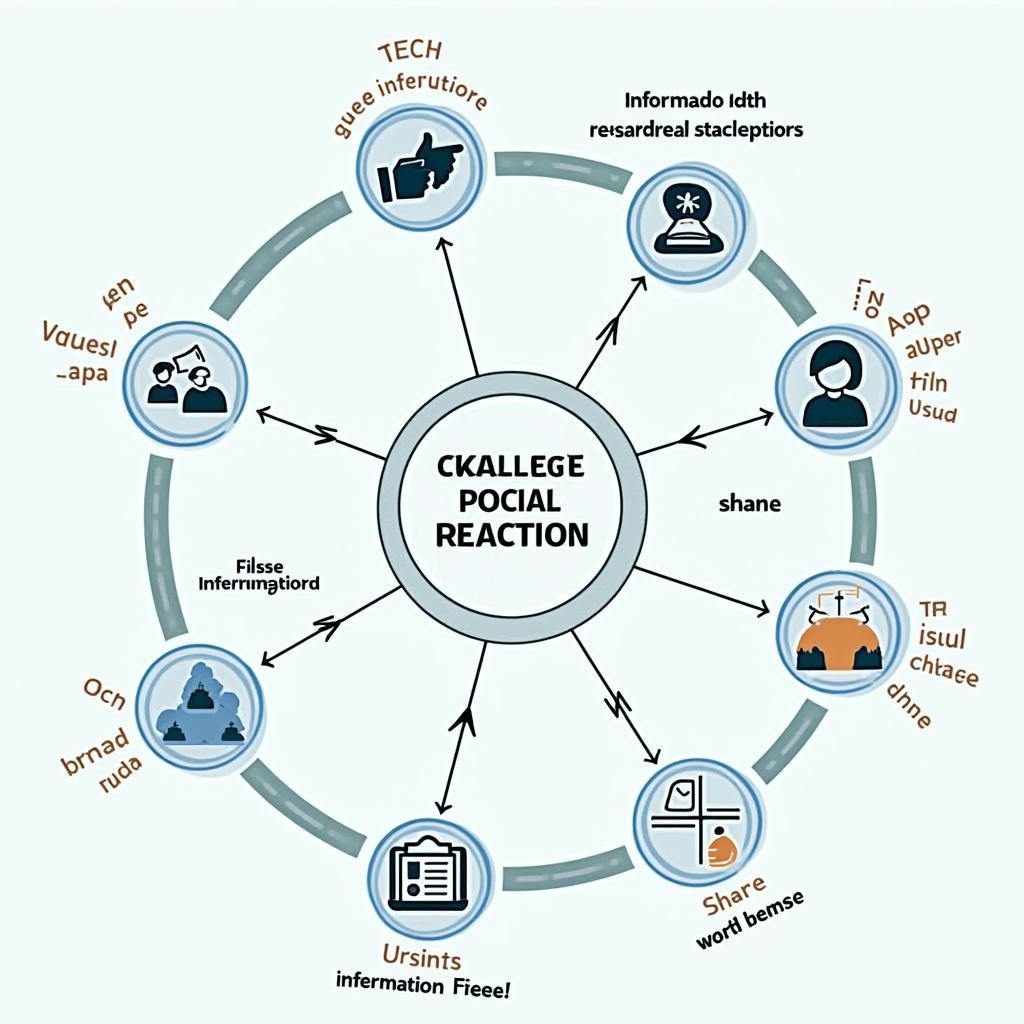Social media’s impact on political campaigns has become an increasingly common topic in IELTS Writing Task 2, reflecting its growing relevance in modern society. Recent analysis of past IELTS exams shows this theme appearing regularly, often intersecting with questions about democracy, public opinion, and technological influence on society. Let’s examine how digital media has changed political campaigns through some sample essays.
Task Analysis
Some people believe that social media platforms have made political campaigns more democratic by allowing direct communication between politicians and citizens. Others argue that these platforms have led to the spread of misinformation and polarization. Discuss both views and give your opinion.
This question requires:
- Discussion of both positive and negative aspects
- Clear position statement
- Relevant examples and support
- Balanced analysis
Band 9 Sample Essay
The rise of social media has fundamentally transformed political campaigning, creating both opportunities and challenges for democratic processes. While these platforms have indeed enhanced direct communication between politicians and the public, I believe their negative impacts on information quality and social cohesion currently outweigh their benefits.
Social media platforms have undeniably democratized political communication. Politicians can now instantly reach millions of voters without traditional media intermediaries, allowing for more transparent and immediate engagement. For example, candidates can directly address public concerns through live streams, conduct real-time Q&A sessions, and share unfiltered policy positions. This direct access has particularly benefited grassroots movements and lesser-known candidates who previously struggled to gain visibility through conventional media channels.
However, the impact of social media platforms shape public opinion in potentially harmful ways. The algorithmic nature of these platforms tends to create echo chambers where users are primarily exposed to content that confirms their existing beliefs. This phenomenon has contributed to increasing political polarization, as evidenced by the growing ideological divide observed in many countries. Moreover, the rapid spread of unverified information and deliberate misinformation campaigns has made it increasingly difficult for voters to make well-informed decisions.
The impact of social networks on personal relationships extends to political discourse, often degrading the quality of democratic debate. Political discussions on social media frequently devolve into hostile exchanges, with complex issues reduced to oversimplified slogans and memes. This environment discourages nuanced dialogue and compromises the thoughtful deliberation necessary for healthy democracy.
In conclusion, while social media has created valuable opportunities for direct political engagement, its current form poses significant challenges to democratic discourse. Until robust solutions are developed to address misinformation and polarization, the negative aspects of social media in political campaigns will continue to overshadow its democratic potential.
Band 9 Score Explanation
- Clear position with sophisticated development
- Cohesive structure with natural transitions
- Advanced vocabulary and precise expression
- Complex sentence structures
- Relevant examples and thorough analysis

Band 6.5 Sample Essay
In recent years, social media has changed how political campaigns work. There are both good and bad effects of this change, and I will discuss these points.
The main advantage of social media in political campaigns is that politicians can talk directly to people. They can post their ideas on platforms like Facebook and Twitter, and citizens can comment and ask questions. This makes politics more open and gives ordinary people more chances to participate in political discussions. For example, many politicians now use Instagram to share their daily activities and explain their policies.
On the negative side, social media has some problems. First, there is too much fake news that spreads quickly. People share information without checking if it is true, which can confuse voters. Second, social media makes people only talk to others who think the same way. This creates groups that don’t understand each other’s views.
Sometimes, political discussions on social media become very angry and unfriendly. People argue and use bad language instead of having proper debates about important issues. This is not good for democracy because it stops people from listening to different opinions.
I think social media has more negative effects than positive ones on political campaigns. Although it helps communication between politicians and people, the problems of fake news and arguing are too serious.
Band 6.5 Score Explanation
- Clear but simple structure
- Basic vocabulary with some repetition
- Limited use of complex sentences
- Adequate but underdeveloped examples
- Some coherence but lacking sophistication
Key Vocabulary
- Polarization (n) /ˌpəʊləraɪˈzeɪʃən/ – division into opposing groups
- Echo chamber (n) /ˈekəʊ ˌtʃeɪmbə/ – situation where people only encounter opinions that match their own
- Misinformation (n) /ˌmɪsɪnfəˈmeɪʃən/ – false or inaccurate information
- Algorithmic (adj) /ˌælɡəˈrɪðmɪk/ – relating to or using algorithms
- Nuanced (adj) /ˈnjuːɑːnst/ – characterized by subtle differences
- Discourse (n) /ˈdɪskɔːs/ – written or spoken communication or debate
- Intermediaries (n) /ˌɪntəˈmiːdiəri/ – people who act as a link between others
For practice, try writing your own essay addressing how how digital media shapes public opinion during election campaigns. Share your response in the comments for feedback and discussion.